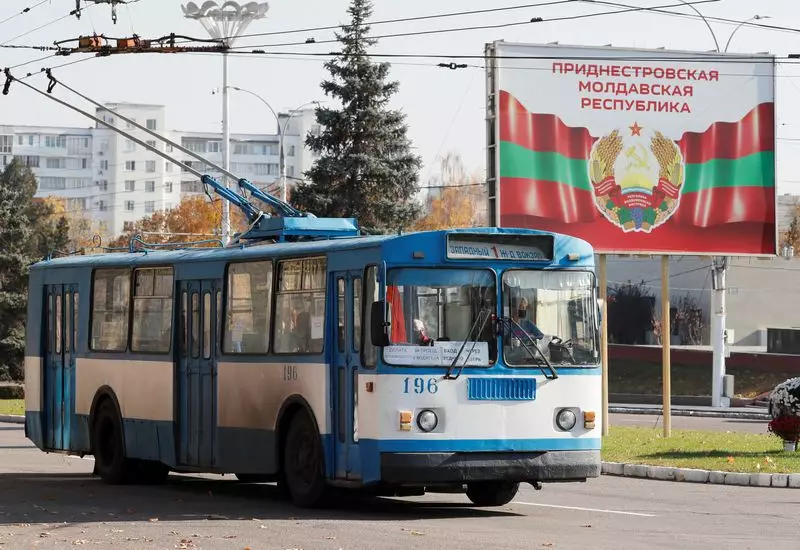The current energy crisis in the breakaway region of Transdniestria serves as a stark reminder of the geopolitical complexities surrounding energy dependencies in Eastern Europe. Following Ukraine’s abrupt cessation of Russian gas transit contracts, Transdniestria—the self-declared independent territory lying between Moldova and Ukraine—faces significant power shortages. These energy fluctuations expose the vulnerabilities within the region, particularly affecting the residents and raising concerns for neighboring Moldova.
On Friday evening, local authorities in Transdniestria rolled out the first of several planned blackouts, aimed at managing dwindling energy supplies. Residents have been informed that power will be intermittently cut for three-hour stretches to cope with the shortages. Such measures are particularly alarming as Transdniestria heavily relies on Russian gas, previously transported via Ukraine, to fuel its power generation. The self-proclaimed President Vadim Krasnoselsky acknowledged the necessity of these blackouts, indicating that they may escalate to four-hour interruptions as the instability in gas supplies persists.
The region’s predicament cannot be viewed in isolation; it is linked intricately to broader international dynamics. After Ukraine refused to negotiate further with Moscow regarding gas transit, the implications rippled across the border, impacting Transdniestria’s electrical grid. Ukraine’s decision to withhold transit rights reflects a robust stance against ongoing Russian aggression, but it simultaneously invites repercussions for the susceptible populations caught in the crossfire of this tug-of-war.
The situation in Transdniestria has magnified Moldova’s vulnerability, as the enclave has long been a pivotal source of electricity for the nation. Moldova produces approximately 60% of its gas needs through Romania, but the sudden power shortages from Transdniestria complicate the country’s ability to maintain stable energy levels. Prime Minister Dorin Recean warned of a security crisis resulting from the situation, although he assured that plans for alternative energy sources are in place to mitigate the challenges.
The complexities are amplified by Gazprom’s decision to cut supplies to Moldova, citing unpaid debts that Moldova contests vehemently. The Russian gas giant’s actions seem to further illustrate its desire to wield energy as a diplomatic club, though Russia has publicly denied using gas as a coercive tool against Moldova. This continues to sow mistrust and uncertainty in a region where energy is more than a utility; it is an instrument of political maneuvering.
As Transdniestria navigates the fallout of severed energy ties, the question arises: how can the region and Moldova secure a resilient energy future? The unfolding events suggest an urgent need for diversification of energy sources and infrastructures, as well as a reevaluation of energy dependencies that leave nations vulnerable to geopolitical conflicts. With the right strategies in place, there may be a path forward that not only stabilizes energy supplies but also fosters greater cooperation in an uncertain geopolitical landscape.

